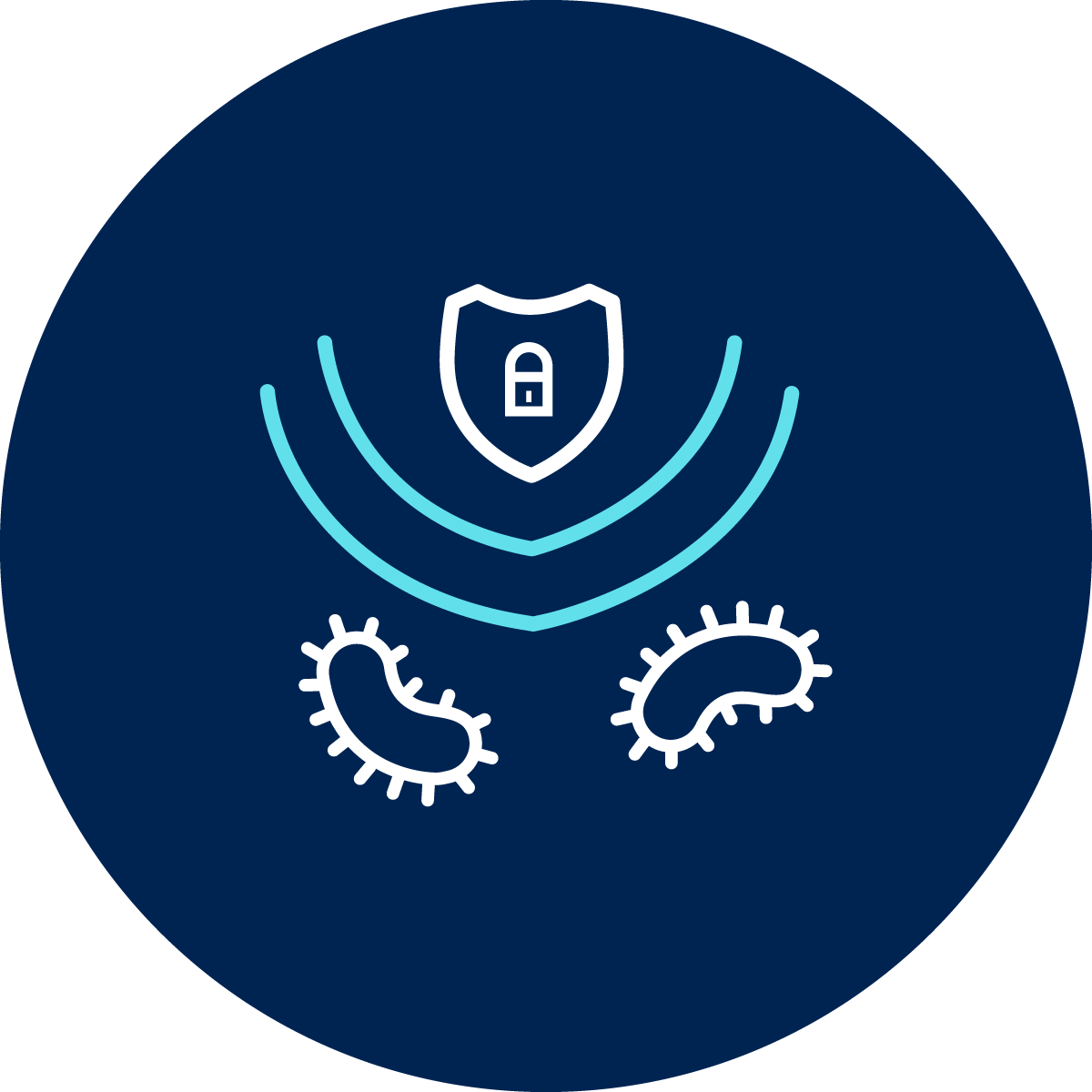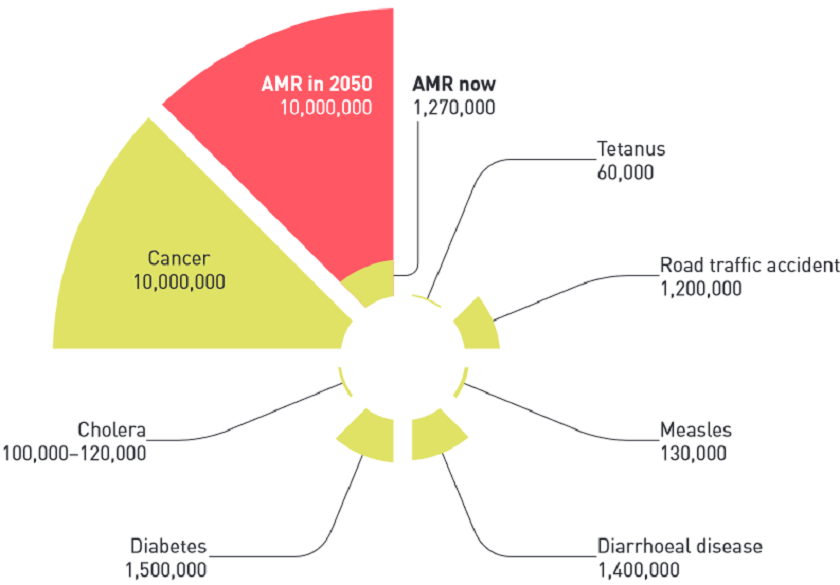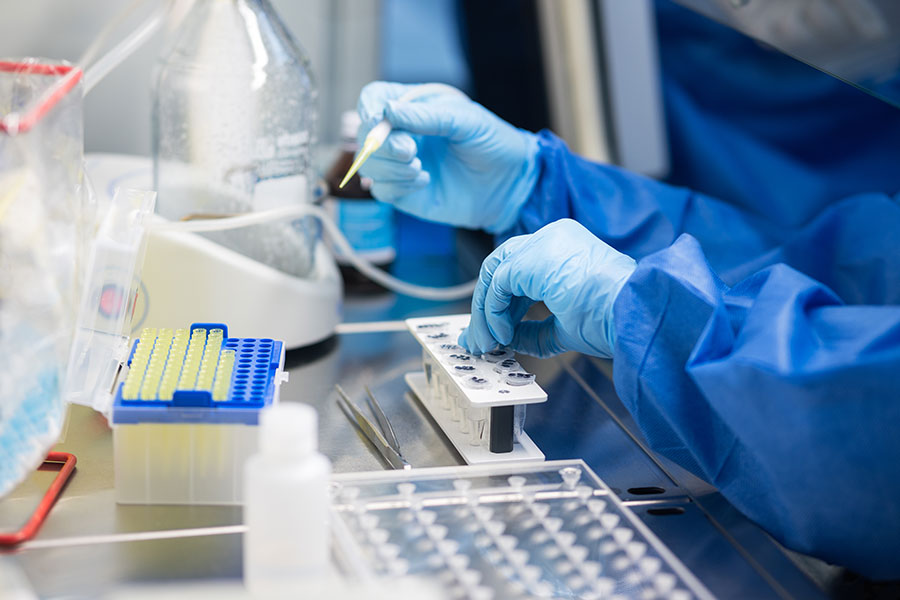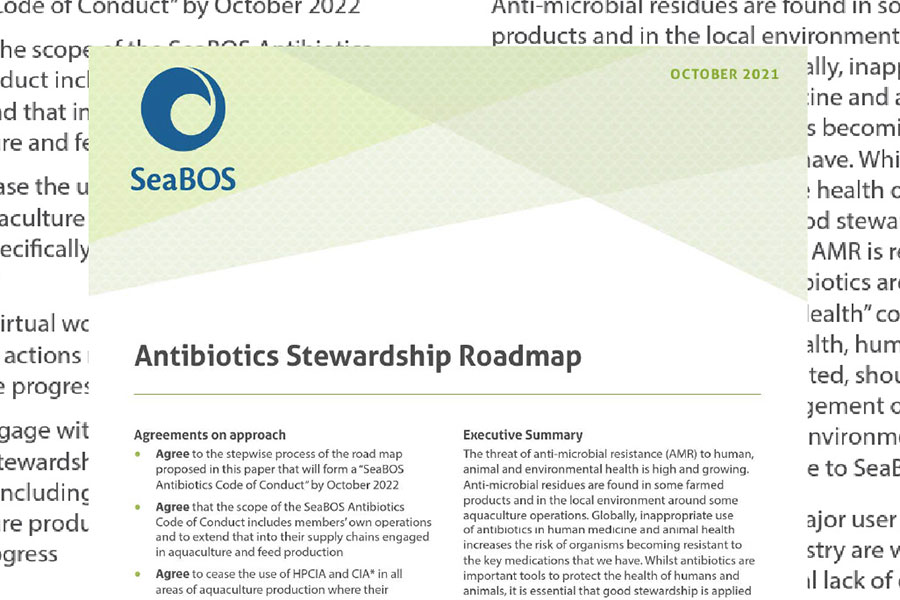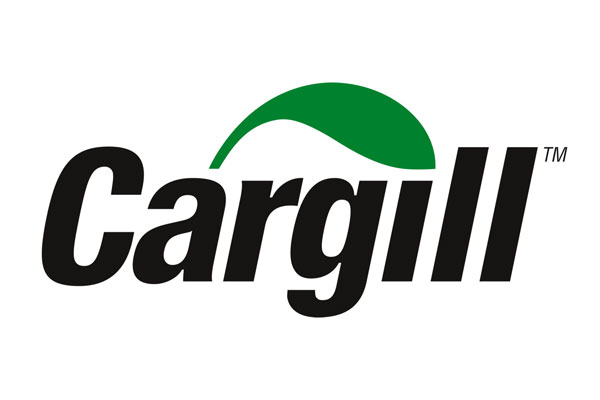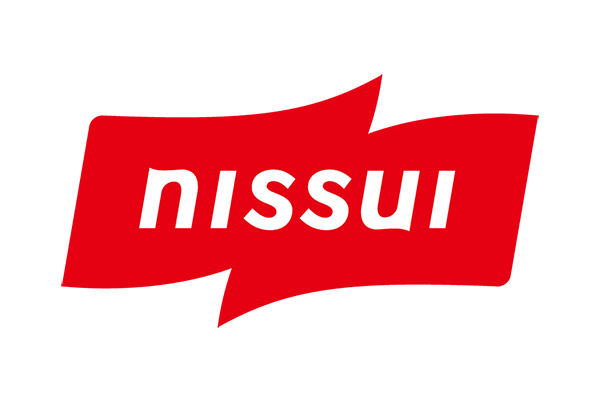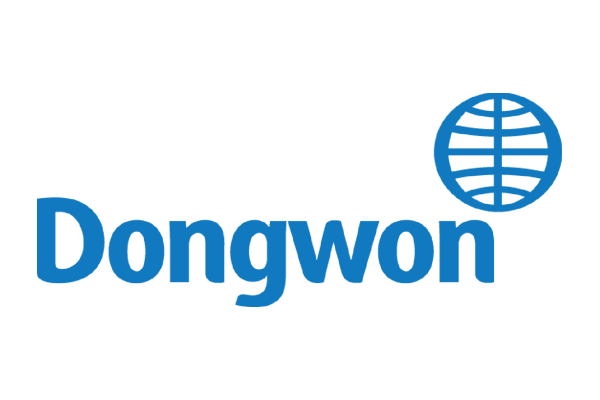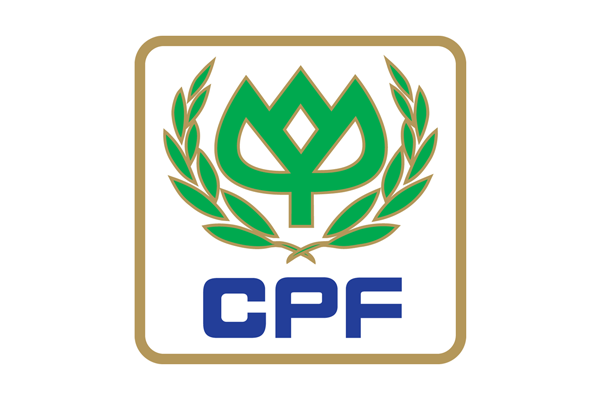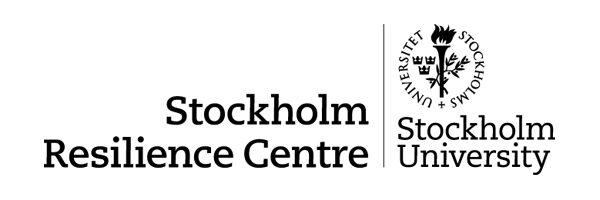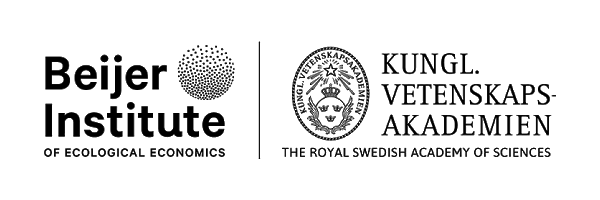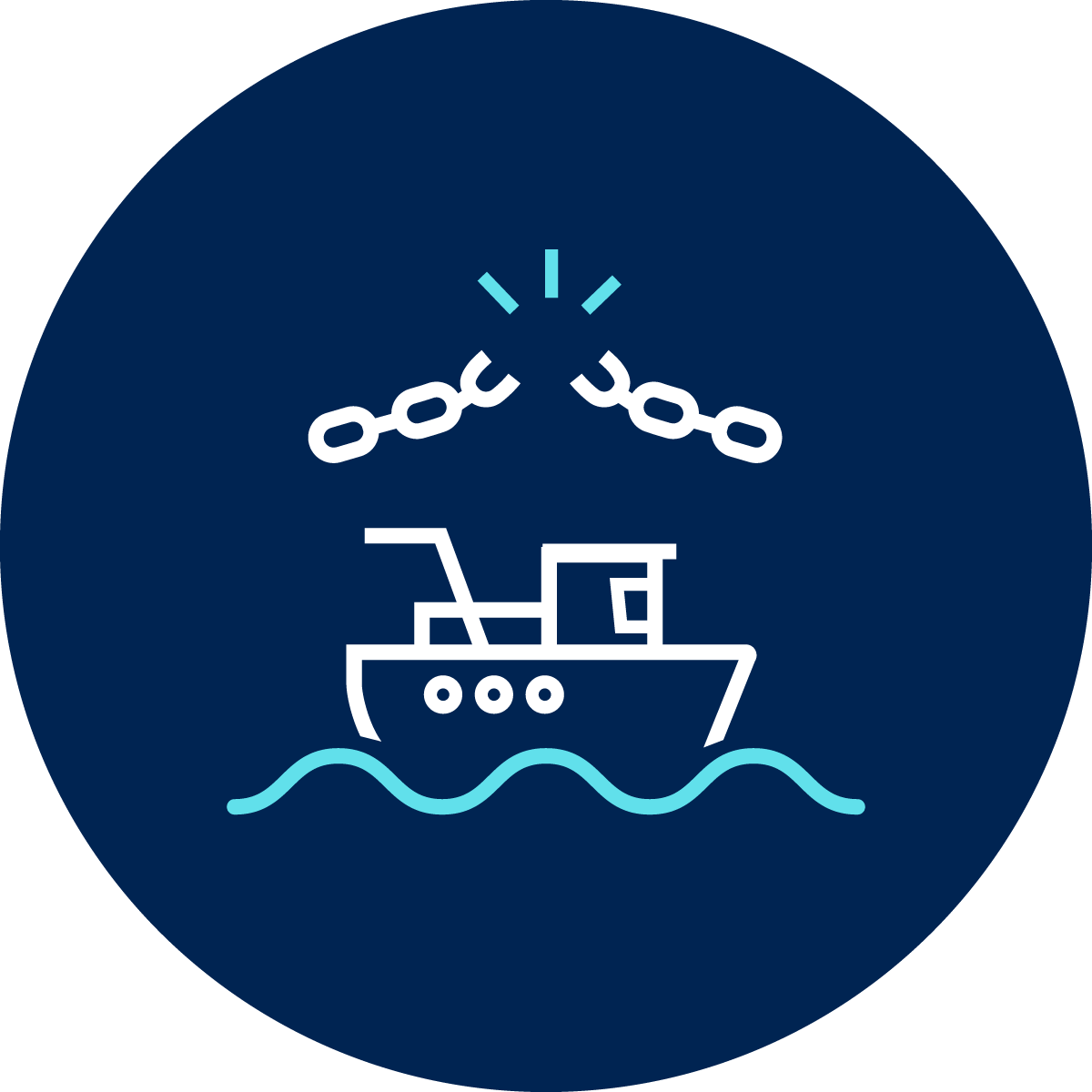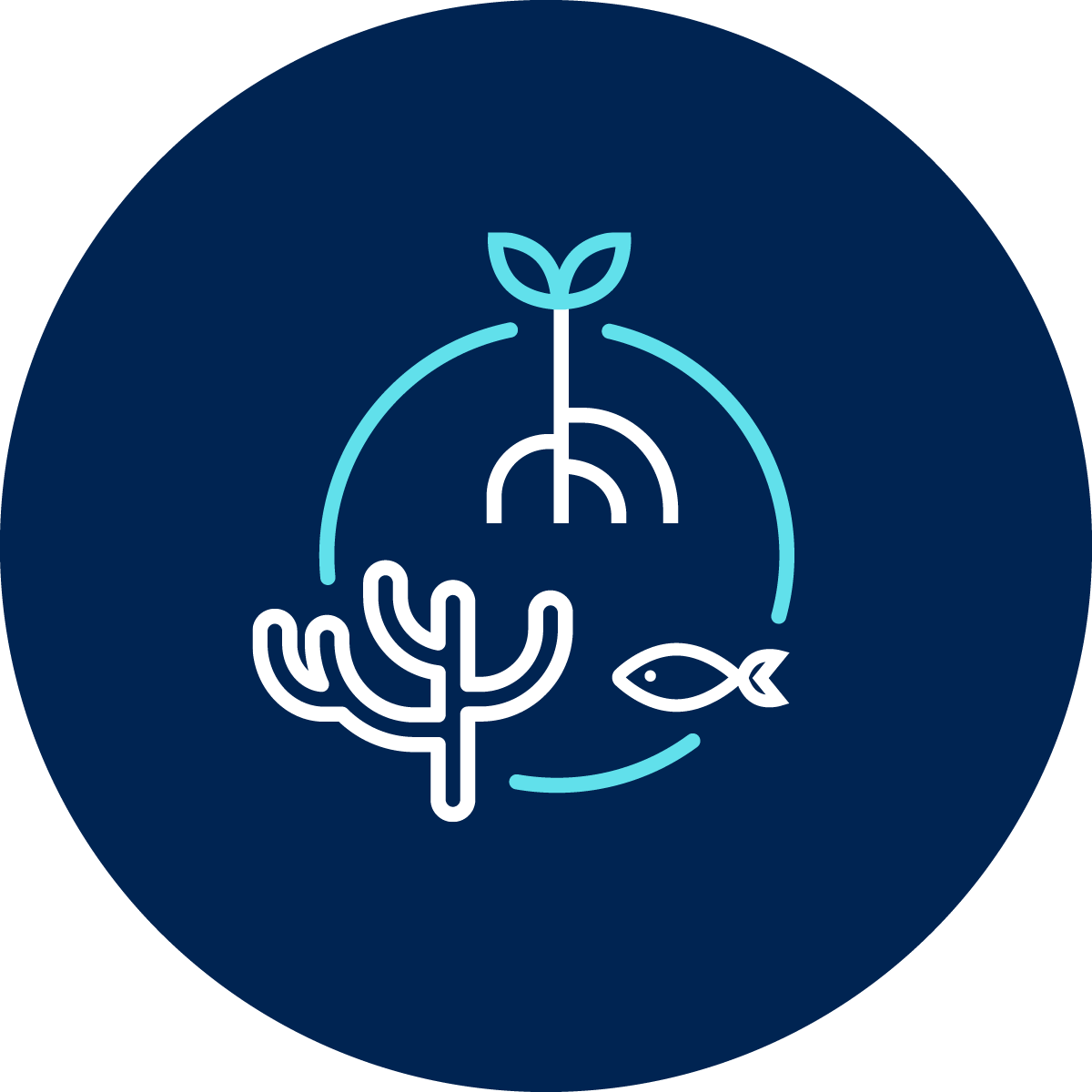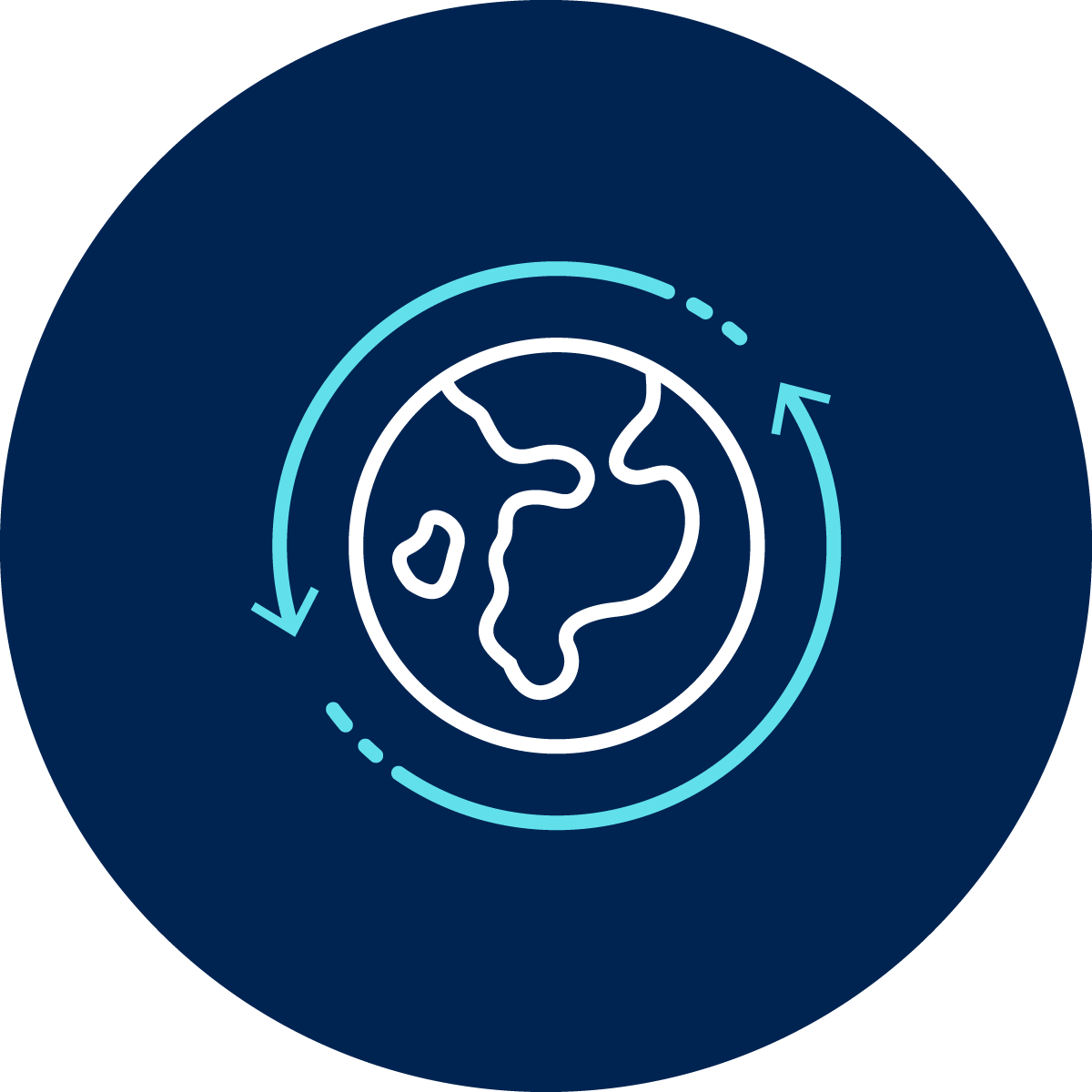Goals agreed to in October 2020
1. Establish a roadmap by October 2021 to identify ways to significantly reduce and/or phase out from aquaculture operations “High Priority Critically Important Antimicrobials for human health, and Critically Important Antimicrobials for human health” as defined by WHO. As part of that process, SeaBOS will develop a recommended Code of Conduct for antibiotic use including preventive practices, recommended therapeutic treatments, and collaborative, pre-competitive Research & Development by October 2021; and contribute with higher resolution data enabling refinement of the conducted antibiotic survey of SeaBOS members; and establish collaborations and exchanges with relevant expert organisations towards identifying alternative approaches.(Note: see resulting Antibiotics Stewardship Roadmap)
Goals agreed in October 2021
1. Agree to the stepwise process of the road map proposed in this paper that will form a “SeaBOS Antibiotics Code of Conduct” by October 2022
2. Agree that the scope of the SeaBOS Antibiotics Code of Conduct includes members’ own operations and to extend that into their supply chains engaged in aquaculture and feed production
3. Agree to cease the use of HPCIA and CIA* in all areas of aquaculture production where their use is not specifically enabled through national legislation**
4. Agree to a virtual workshop in February 2022 to refine the actions required and the metrics to demonstrate progress
5. Agree to engage with annual SRC surveys on antibiotics stewardship in our own aquaculture operations, including from supply chains engaged in aquaculture production, to monitor and measure progress
* HPCIA and CIA = High Priority Critically Important Antimicrobial and Critically Important Antimicrobial for human health, as defined by the World Health Organisation (WHO).
** Where region-specific national legislation does exist providing for the use of HPCIAs or CIAs, members will work collaboratively with a range of appropriate experts, such as pharmaceutical companies, veterinarians, intergovernmental agencies, or governmental departments, to determine or develop effective alternatives such as vaccines or lower category antimicrobials, to ensure the health and wellbeing of those seafood products and reduce the use of HPCIAs and CIAs. We will report back in October 2023 on progress towards this goal.
